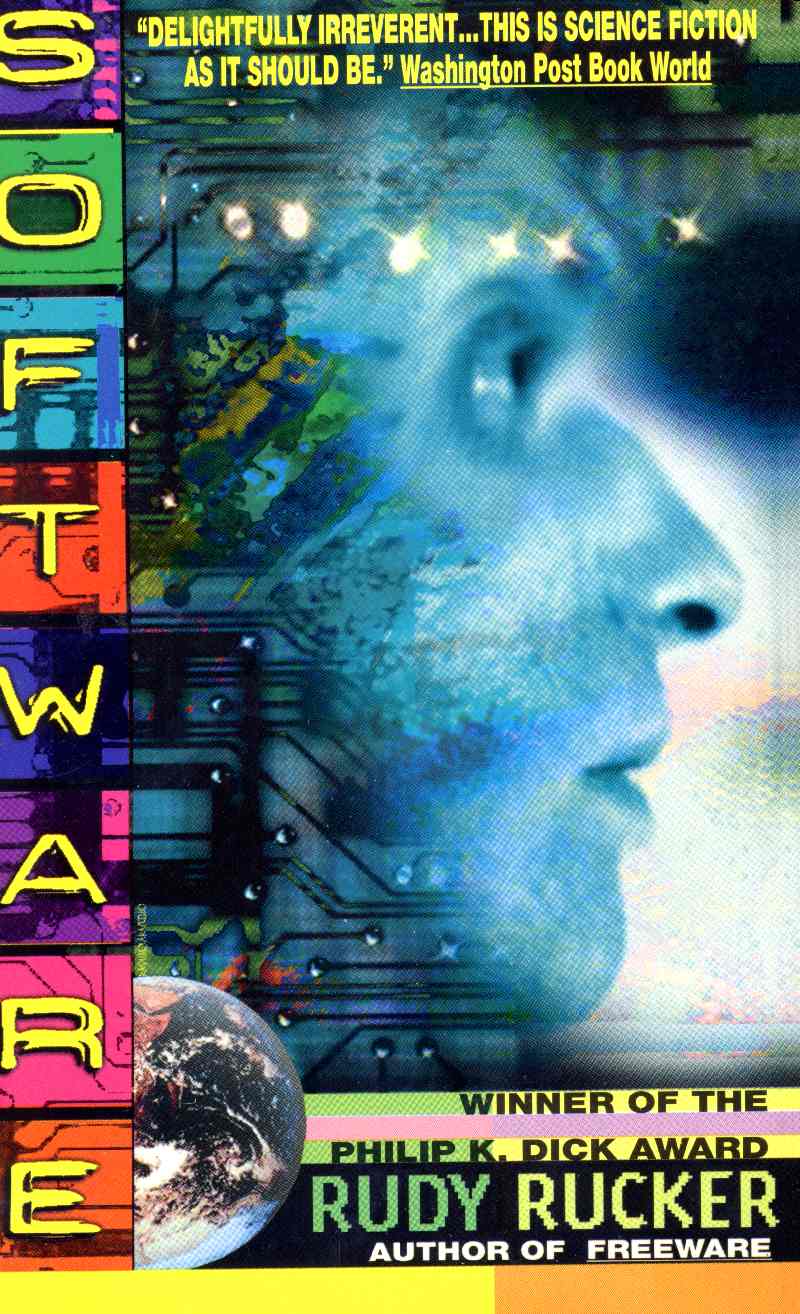Running is what he talks about. The book is less a memoir than a journal of Murakami's daily running and participation in marathons over a period of several years.
By his own account, he's not an exceptional runner, but he's a very determined runner, for whom finishing marathons, ideally with a time improvement, is extremely important. Although focused on running, the book does relate his decision and determination to run to his writing. He desires to write into old age and states that fatigue is the enemy of writing - thus, for him, running is a discipline to maintain the strength and endurance necessary to continue writing.
I found the book to be mildly interesting, but one feature really struck me. When I had read The Wind-up Bird Chronicle, I felt that the main character, Toru, was so flat, rational and unemotional that he did not seem real to me - his character was so different from my own and people I know that I almost believed that no one could actually be like that. In What I Talk About, Murakami seems to have a personality very similar to Toru's, very flat and rational, so that it seems startling and almost incomprehensible that his writing is so vivid! In fact, I almost wondered if the voice of Murakami in this book is actually not his own, but a deliberate replication or recreation of the persona he invented for Toru.
Monday, May 18, 2015
Thursday, May 14, 2015
Dawn - Octavia Butler
Octavia Butler's Dawn is a brilliant exploration of human nature under oppressive conditions, and of the psychology of surviving assimilation. I don't want to give away too much, but suffice to say that her highly original post-apocalyptic vision is powerful, visceral, and disturbing.
This was also the first book I'd read by Octavia Butler, a talented African American female sci-fi author (her Wikipedia page here).
This was also the first book I'd read by Octavia Butler, a talented African American female sci-fi author (her Wikipedia page here).
Software - Rudy Rucker
In Software, aging robot engineer Cobb Anderson has fallen on hard times. After the AI robot "boppers" he programmed to evolve learned to violate Asimov's laws and rebelled against their human overlords, Cobb was tried for treason and forced to abandon his groundbreaking scientific studies. A now decrepit has-been with nothing to occupy his time but his old hippy girlfriend and a bottle of booze, Cobb has basically given up on life. That is, until his first and best robot, Ralph Numbers, shows up and promises to make him immortal.
This exciting and compelling novel explores the meaning of humanity and the potentially transformative power of technology through the colorful exploits of Cobb and his junkie side-kick, the flamboyant and foul-mouthed "Sta-Hi."
It deals with similar questions as do Bicentennial Man and Ghost in the Shell - what really makes someone a human? What is it that we experience as the self? In my bookclub, we call this latter question the "phone booth" problem (one description of this thought experiment here).
This exciting and compelling novel explores the meaning of humanity and the potentially transformative power of technology through the colorful exploits of Cobb and his junkie side-kick, the flamboyant and foul-mouthed "Sta-Hi."
It deals with similar questions as do Bicentennial Man and Ghost in the Shell - what really makes someone a human? What is it that we experience as the self? In my bookclub, we call this latter question the "phone booth" problem (one description of this thought experiment here).
"You wanted to know who I am. I gave you one answer. A robot-remote. A servo-unit operated by a program stored in a bopper spaceship. But... I'm still Misty-girl, too. The soul is the software, you know. The soft ware is what counts, the habits and the memories. The brain and the body are just meat, seeds for the organ-tanks."I will definitely look forward to reading the second and third parts of this trilogy, and thanks to my IT friend Josh for the recommendation! (By the way, there are versions of these books on Rucker's website, but some of the more graphic language/brutal phrasing seems to have been edited out in those versions.)
Subscribe to:
Posts (Atom)


